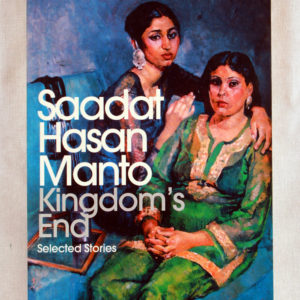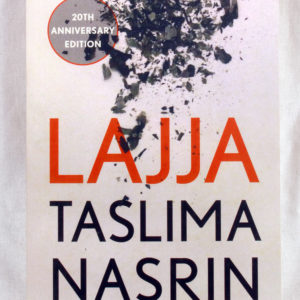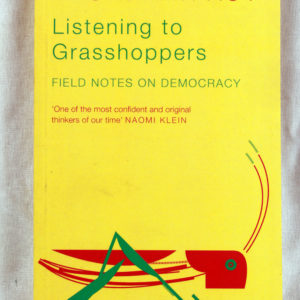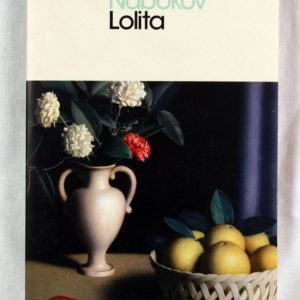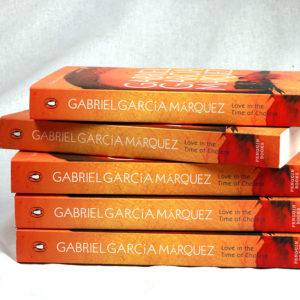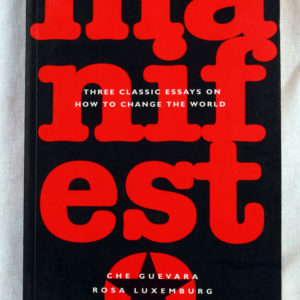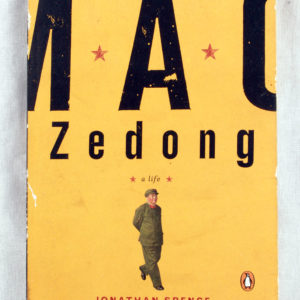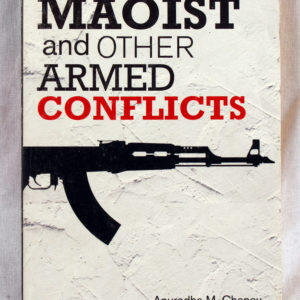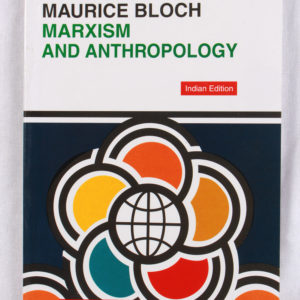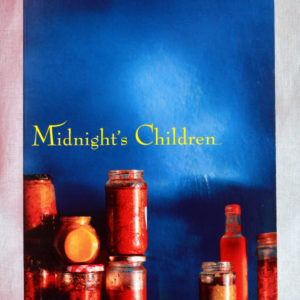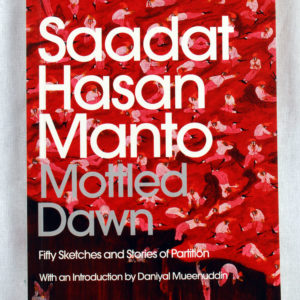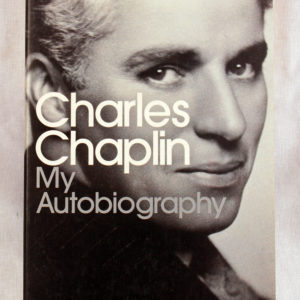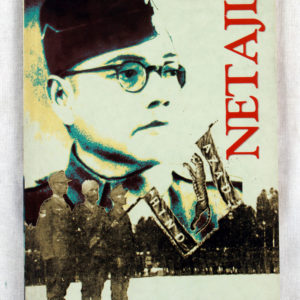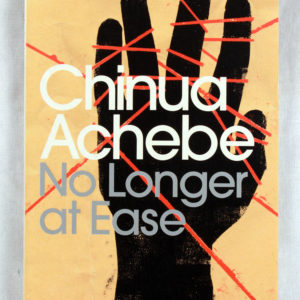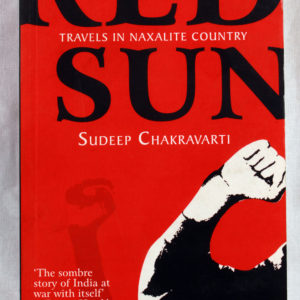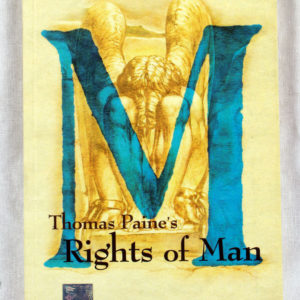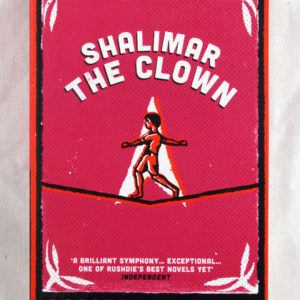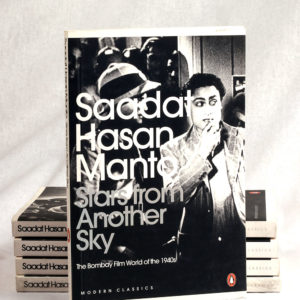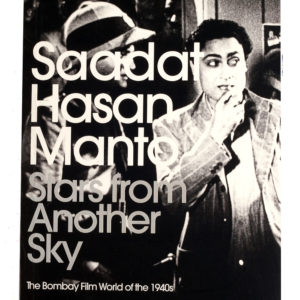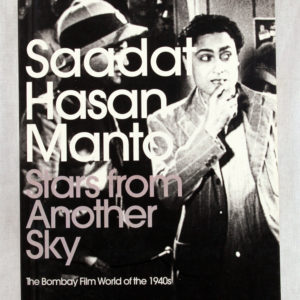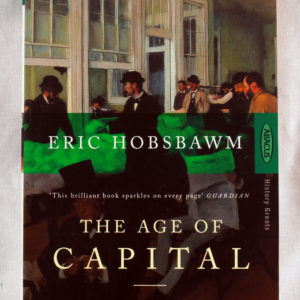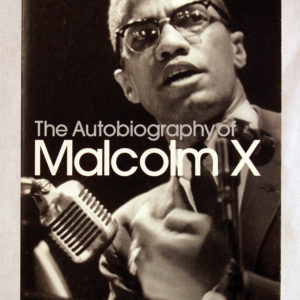Filter
A savage indictment of religious extremism and man s inhumanity to man, Lajja was banned in Bangladesh but became a bestseller in the rest of the world. This brand-new translation marks the twentieth anniversary of this controversial novel.
The Dattas Sudhamoy and Kironmoyee, and their children, Suronjon and Maya have lived in Bangladesh all their lives. Despite being members of a small Hindu community that is terrorized at every opportunity by Muslim fundamentalists, they refuse to leave their country, unlike most of their friends and relatives. Sudhamoy believes with a naive mix of optimism and idealism that his motherland will not let him down. And then, on 6 December 1992, the Babri Masjid at Ayodhya is demolished by a mob of Hindu fundamentalists. The world condemns the incident, but its immediate fallout is felt most acutely in Bangladesh, where Muslim mobs begin to seek out and attack the Hindus. The nightmare inevitably arrives at the Dattas doorstep, and their world begins to fall apart.
Lolita is a 1955 novel written by Russian-American novelist Vladimir Nabokov. Many authors consider it the greatest work of the 20th century, and it has been included in several lists of best books, such as Time’s List of the 100 Best Novels, Le Monde’s 100 Books of the Century, Bokklubben World Library, Modern Library’s 100 Best Novels, and The Big Read. The novel is notable for its controversial subject: the protagonist and unreliable narrator, a middle-aged literature professor under the pseudonym Humbert Humbert, is obsessed with a 12-year-old girl, Dolores Haze, with whom he becomes sexually involved after he becomes her stepfather. “Lolita” is his private nickname for Dolores. The novel was originally written in English and first published in Paris in 1955 by Olympia Press. Later it was translated into Russian by Nabokov himself and published in New York City in 1967 by Phaedra Publishers.
Lolita quickly attained a classic status. The novel was adapted into a film by Stanley Kubrick in 1962, and another film by Adrian Lyne in 1997. It has also been adapted several times for the stage and has been the subject of two operas, two ballets, and an acclaimed but commercially unsuccessful Broadway musical. Its assimilation into popular culture is such that the name “Lolita” has been used to imply that a young girl is sexually precocious.
In their youth, Florentino Ariza and Fermina Daza fall passionately in love. When Fermina eventually chooses to marry a wealthy, well-born doctor, Florentino is heartbroken, but he is a romantic. As he rises in his business career he whiles away the years in 622 affairs—yet he reserves his heart for Fermina. Her husband dies at last, and Florentino purposefully attends the funeral. Fifty years, nine months, and four days after he first declared his love for Fermina, he will do so again.
With a preface by Adrienne Rich, Manifesto presents the radical vision of four famous young rebels: Marx and Engels’ Communist Manifesto, Rosa Luxemburg’s Reform or Revolution and Che Guevara’s Socialism and Humanity.
‘Spence draws upon his extensive knowledge of Chinese politics and culture to create an illuminating picture of Mao. . . . Superb.’ (Chicago Tribune) From humble origins in the provinces, Mao Zedong rose to absolute power, unifying with an iron fist a vast country torn apart by years of weak leadership, colonialism, and war. This sharply drawn and insightful account brings to life this modern-day emperor and the tumultuous era that he did so much to shape.
Jonathan Spence captures Mao in all his paradoxical grandeur and sheds light on the radical transformation he unleashed that still reverberates in China today.
One-sixth of all Indians today live in areas of armed conflict. Seeking solutions, this book is a holistic examination of present armed conflicts as well as the past ones in Punjab and Mizoram, illuminating their common roots, as well as the responses of the state and civil society. The authors show how insurgencies are propelled by a complex mix of issues: the denial of justice and rights, identity concerns, and the breakdown of the social and symbolic order, rather than merely poverty and lack of education. Draconian laws like the Armed Forces (Special Powers) Act and measures like encounters, crackdowns and Salwa Judum aggravate the sense of collective victimhood and feelings of alienation from the national community.
This book examines the uses made of anthropology by Marx and Engels, and the uses made of Marxism by anthropologists. Looking at the writings of Marx and Engels on primitive societies, the book evaluates their views in the light of present knowledge and draws attention to inconsistencies in their analysis of pre-capitalist societies. These inconsistencies can be traced to the influence of contemporary anthropologists who regarded primitive societies as classless. As Marxist theory was built around the idea of class, without this concept the conventional Marxist analysis foundered.
First published in 1983.
This book extends the theme of Raymond Williams’s earlier work in literary and cultural analysis. He analyses previous contributions to a Marxist theory of literature from Marx himself to Lukacs, Althusser, and Goldmann, and develops his own approach by outlining a theory of `cultural materialism’ which integrates Marxist theories of language with Marxist theories of literature. Williams moves from a review of the growth of the concepts of literature and idealogy to a redefinition of `determinism’ and `hegemony’. His incisive discussion of the ‘social material process’ of cultural activity culminates in a re-examination of the problems of alignment and commitment and of the creative practice in individual authors and wider social groups.
Midnight’s Children is a 1981 novel by British Indian author Salman Rushdie. It deals with India’s transition from British colonialism to independence and the partition of British India. It is considered an example of postcolonial, postmodern, and magical realist literature.
Mottled Dawn Is A Collection Of Saadat Hasan Manto S Most Powerful Pieces On The Partition Of The Subcontinent Into India And Pakistan In 1947. The Book Includes Unforgettable Stories Like Toba Tek Singh , The Return , The Assignment , Colder Than Ice And Many More, Bringing Alive The Most Tragic Event In The History Of The Indian Subcontinent.
My Autobiography is a book by Charlie Chaplin, first published by Simon & Schuster in 1964. Along with Chaplin: His Life and Art, it provided the source material for the 1992 feature film Chaplin. It provides a revealing look into the life of a 20th-century filmmaker and celebrity. The Chicago Tribune said the book was “The best autobiography ever written by an actor. An astonishing work.”
A concise biography of Netaji Subhas Chandra Bose meant for the young. The book will help to inculcate in the rising generation the basic human qualities like partriotism, national unity, self-sacrifice, courage and a concern for the poor of which Netaji was the shining example.
Krishna Bose is an eminent writer, educationist and parliamentarian. Educated at Calcutta University, she taught for 40 years at the City College of Calcutta where she was Head of the Department of English and for 8 years the Principal. She is a leading contemporary writer of Calcutta.
The Ambedkar Cartoons, 1932–1956
Unnamati Syama Sundar with a Foreword by Suraj Yengde
This history like no other asks you to consider what you are laughing at.
In 2012, the inclusion of a 1949 cartoon by Shankar showing Jawaharlal Nehru whipping a snail-borne B.R. Ambedkar in a school textbook, evoked dalit protest, and a savarna counter on the grounds of artistic freedom. Scholar and cartoonist Unnamati Syama Sundar then undertook an archival survey of cartoons on Ambedkar in the English language press. The result, a collection of over a hundred cartoons from India’s leading publications, drawn by Shankar, Enver Ahmed and R.K. Laxman, among others, lays bare the perverse and thoughtless hostility Ambedkar often contended with. The incisional commentary woven around each cartoon offers a veritable biography of a man historically wronged.
Unnamati Syama Sundar grew up in Vijayawada on a diet of Calvin and Hobbes, Dennis the Menace, Chacha Chaudhary and Amar Chitra Katha. He is doing his doctoral research at Jawaharlal Nehru University on the art featured in Chandamama, the popular Telugu children’s magazine founded in 1947. Syama Sundar is well-known for his Ambedkarite cartoons in the non-savarna social media world. His work is featured regularly on the website roundtableindia.co.in.
In 1967, Naxalbari, a village in West Bengal, became the centre of a Mao inspired militant peasant uprising guided by firebrand intellectuals. Today, Naxalism is no longer the Che Guevara-style revolution that it was. Spread across 15 of India’s 28 states, it is one of the world’s biggest, most sophisticated extreme-Left movements, and feeds off the misery and anger of the dispossessed. Since the late 1990s, hardly a week has passed without people dying in strikes and counter-strikes by the Maoists – interchangeably known as the Naxalites – and police and paramilitary forces.
In this disturbing examination of the ‘Other India’, Sudeep Chakravarti combines political history extensive interviews and individual case histories as he travels to the heart of Maoist zones in the country: Chhattisgarh (home to the controversial state-sponsored Salwa Judum programme to contain Naxalism), Jharkhand, West Bengal, Karnataka and Andhra Pradesh (where a serving chief minister was nearly killed in a landmine explosion triggered by the Naxalites). He meets Maoist leaders and sympathizers, policemen, bureaucrats, politicians, security analysts, development workers, farmers and tribals – people, big and small, who comprise the actors and the audience in this war being fought in jungles and impoverished villages across India. What emerges is a sobering picture of a deeply divided society, and the dangers that lie ahead for India.
Revolutionaries is vintage Hobsbawm, written masterfully amid one of the century’s most intense periods of political and social upheaval, putting those events in historical context. Few observers were as astute as Hobsbawm at probing, criticizing, and clarifying radical movements, whether in Beijing or Berkeley. Ranging from historical investigations into communism to contemporary appraisals of revolutionary movements and meditations on Marxism, Hobsbawm’s commentaries are essential guides to ideas and people that changed the face of the twentieth century.
Rights of Man (1791), a book by Thomas Paine, including 31 articles, posits that popular political revolution is permissible when a government does not safeguard the natural rights of its people. Using these points as a base it defends the French Revolution against Edmund Burke’s attack in Reflections on the Revolution in France (1790).
It was published in two parts in March 1791 and February 1792.
Shalimar the Clown is a 2005 novel by Salman Rushdie. The novel took Rushdie four years to write, and was initially published on 6 September 2005 by Jonathan Cape. Shalimar the Clown derives its name from Shalimar Gardens, in the vicinity of Srinagar. Srinagar is one of several Mughal Gardens, which were laid out in several parts of undivided India when the Mughals reigned over the subcontinent. Shalimar is also the name of one of the characters featured in the novel. Shalimar the Clown won the 2005 Vodafone Crossword Book Award and was one of the finalists for the 2005 Whitbread Book Awards.
Unforgettable reminiscences about the eccentric, glamorous, yet angst-ridden Hindi film world of the 1940s. Saadat Hasan Manto, one of the greatest short story writers of the Urdu language, was also a film journalist and story-writer for the Hindi film industry in Bombay. As an insider he was privy to the most private moments of the men and women who have dazzled generations of audiences. In this series of sketches, Ashok Kumar, the screen idol of yore, emerges as a shy, yet brilliant actor, forever looking to flee the eager advances of his female fans; Nargis comes across as just another young girl looking for companionship among her peers before she steps on the ladder that will forever take her away from the comforts of an ordinary middle-class life; and Shyam the dashing, handsome hero is portrayed as a straightforward, flirtatious young man pining for the woman he loves. Manto also describes in detail the obsessions of Sitara Devi; the unfulfilled desires of Paro Devi; and the intriguing twists and turns which transform Neena Devi from an ordinary housewife into a pawn in the hands of film companies. He writes with relish about the bunglings of the comedian V.H. Desai and the incredible dedication of Nawab Kaashmiri to the art of acting. There are also stories about the rise of Nur Jehan as the greatest singer of her times; and the various peccadilloes of the musician, Rafiq Ghaznavi. With subjects ranging from film journalism to the sexual eccentricities of these stars, Manto brings to life a generation with his characteristic verve and honesty.
With subjects ranging from film journalism to the sexual eccentricities of these stars, Manto brings to life a generation with his characteristic verve and honesty. The book provides unforgettable reminiscences about the eccentric, glamorous, yet angst-ridden Hindi film world of the 1940s.
In this book, Eric Hobsbawm chronicles the events and trends that led to the triumph of private enterprise and its exponents in the years between 1848 and 1875. Along with Hobsbawm’s other volumes, this book constitutes and intellectual key to the origins of the world in which we now live.
Although it pulses with great events—failed revolutions, catastrophic wars, and a global depression—The Age of Capital is most outstanding for its analyis of the trends that created the new order. With the sweep and sophistication that have made him one of our greatest historians, Hobsbawm indentifies this epoch’s winners and losers, its institutions, ideologies, science, and religion.
The Autobiography of Malcolm X was published in 1965, the result of a collaboration between human rights activist Malcolm X and journalist Alex Haley. Haley coauthored the autobiography based on a series of in-depth interviews he conducted between 1963 and Malcolm X’s 1965 assassination. The Autobiography is a spiritual conversion narrative that outlines Malcolm X’s philosophy of black pride, black nationalism, and pan-Africanism. After the leader was killed, Haley wrote the book’s epilogue. He described their collaborative process and the events at the end of Malcolm X’s life.

